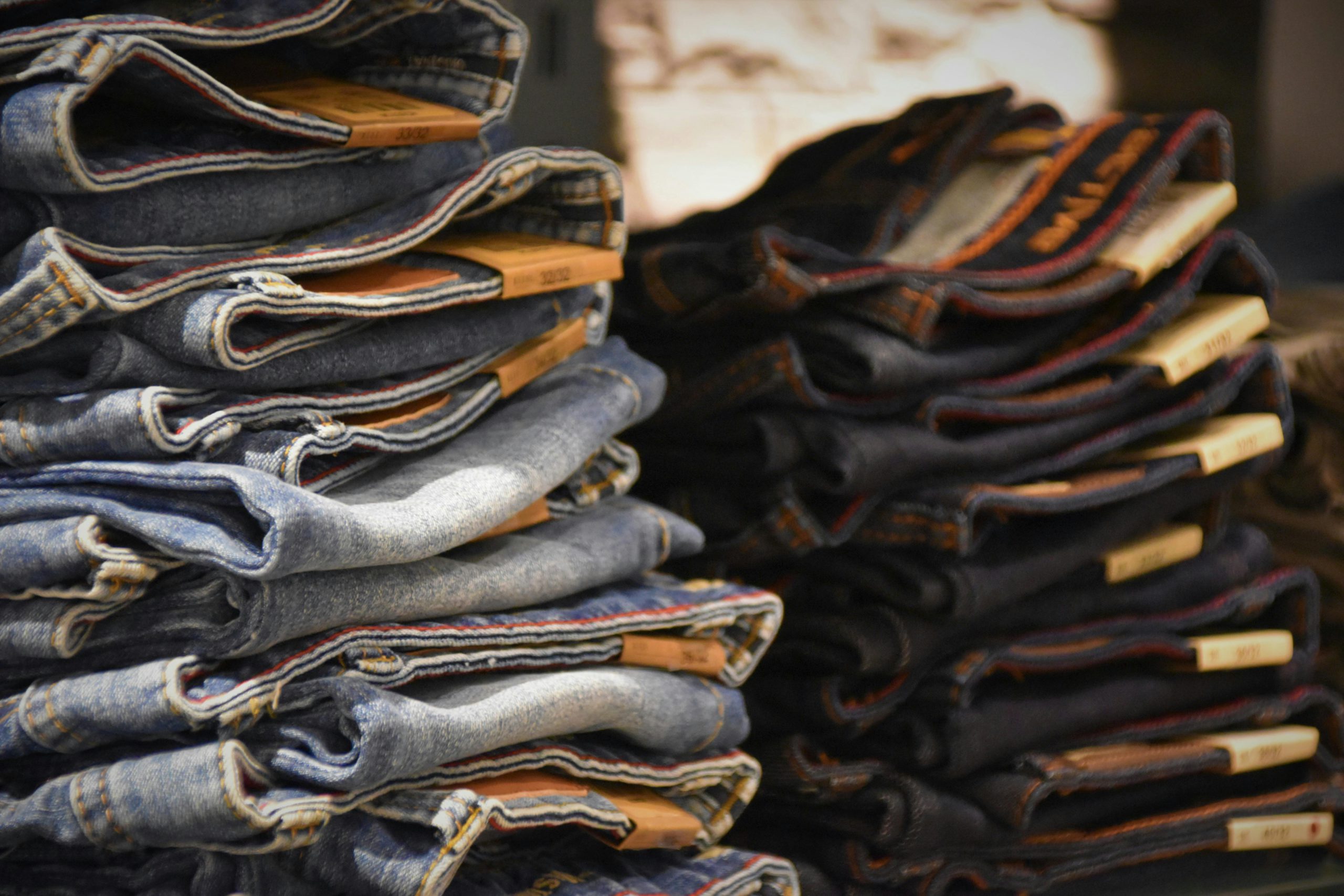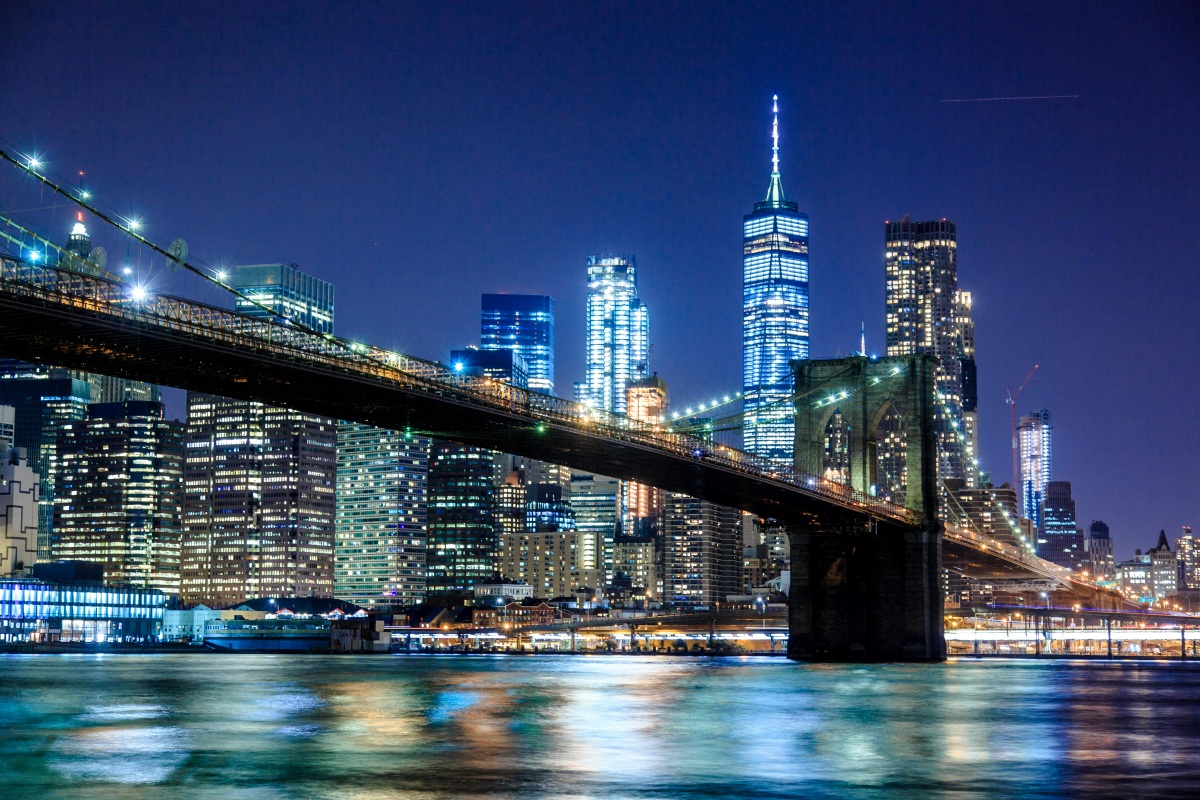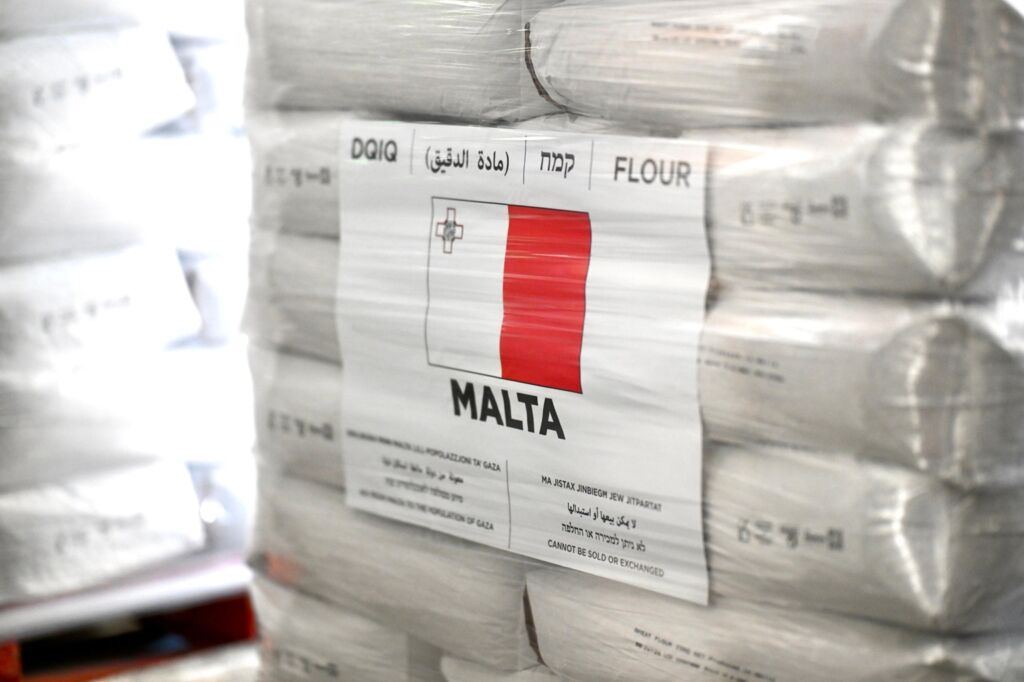Concerns are mounting among consumers following alarming test results that uncovered the presence of hazardous chemical substances in several clothing items from the Chinese fast-fashion giant, Shein. The revelations, which have sparked widespread apprehension, come from a detailed investigation conducted by the German consumer magazine, Öko-Test. The magazine scrutinized 21 Shein products spanning a broad spectrum of categories, including women’s, men’s, youth, and children’s apparel, as well as footwear.
The findings are nothing short of alarming: every single item tested was found to be tainted with dangerous chemicals. Among the most concerning were elevated levels of lead and cadmium, both of which pose significant health risks, particularly with prolonged exposure. Lead is notorious for its neurotoxic effects, especially in children, while cadmium is a known carcinogen and can cause kidney damage and bone loss.
This is not the first time Shein has been embroiled in controversy. Earlier this year, the company faced intense scrutiny after reports surfaced revealing that some of its suppliers were subjecting workers to gruelling conditions, with workweeks stretching up to 75 hours. The combination of these troubling labour practices and the latest revelations about chemical contamination raises serious questions about Shein’s commitment to ethical standards and consumer safety.
Shein, which boasts a vast global footprint, operating in over 150 countries, has built its brand on delivering ultra-fast fashion at extremely low prices. However, these recent developments suggest that this business model may come at an unacceptable cost. The widespread presence of harmful chemicals in everyday clothing items highlights potential regulatory gaps and underscores the urgent need for stricter oversight in the fast-fashion industry.
As awareness grows, consumers are increasingly demanding transparency and accountability from retailers.
Shein is also popular in Malta, with multiple Facebook pages grouping orders together to lessen the shipping fees.
Malta’s olive oil cooperative predicts good harvest, but future remains bleak
Malta's olive oil farmers face a number of financial and environmental hurdles
Award-winning travel host Peter Greenberg’s Hidden Malta premieres in US
The event was one of three major developments unveiled to boost tourism from the region
5,000 sacks of flour from Malta are currently feeding Gaza
Another batch of 5,000 sacks of flour is being prepared to send to Gaza






